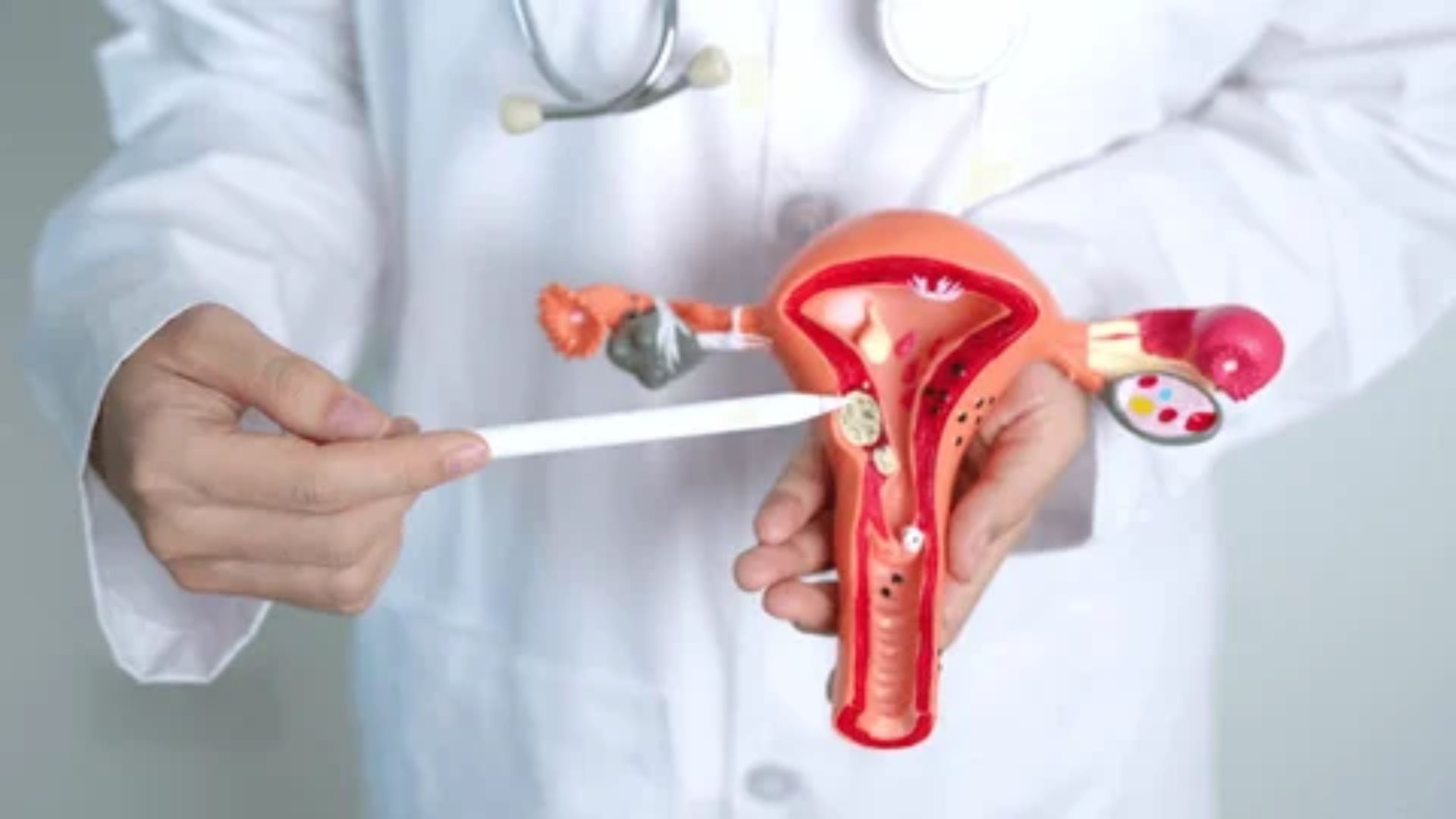Polycystic ovary syndrome (PCOS) is a prevalent hormonal disorder that affects women of reproductive age, characterized by a variety of symptoms due to hormonal imbalances. These imbalances can lead to irregular menstrual cycles, excessive hair growth, acne, and obesity. Women with PCOS often struggle with insulin resistance, which exacerbates weight gain and increases the risk of developing type 2 diabetes and heart disease. Additionally, PCOS is a leading cause of infertility due to disrupted ovulation. The condition, which affects approximately 8-13% of women globally, often goes uthe daily gaudiagnosed, leaving many women without the necessary medical support.
1. Belly Fat
– Women with PCOS often experience “PCOS belly,” where fat accumulates around the waist and internal organs.
– This fat distribution is influenced by hormonal imbalances, contrasting with how fat is stored in healthy women, who typically store fat in areas like hips, thighs, or breasts.
– This fat buildup, exacerbated by inflammation and insulin resistance, increases the risk of heart disease and diabetes.
2. Sugar Cravings
– Intense carbohydrate cravings due to insulin resistance are common in women with PCOS, leading to overeating.
– This challenge is more prevalent among obese women compared to lean or underweight women with PCOS.
– Opting for whole grains and ensuring adequate protein intake can help stabilize blood sugar levels, while avoiding processed or sugary foods can reduce cravings.
3. Hair Loss
– Elevated androgenic hormones in women with PCOS lead to thinning, brittle hair that breaks easily.
– Excess testosterone worsens hair loss, a common symptom of PCOS.
– Consulting healthcare experts is crucial to manage hair-related concerns effectively.
4. Irregular Periods
– Irregular or missed periods are key indicators of PCOS, where disruptions in ovarian function prevent ovulation.
– Diagnosis often occurs 2-3 years after a girl’s first period, as it takes time for menstrual cycles to stabilize.
– Insulin resistance contributes to increased testosterone production in the ovaries, affecting both ovulation and the regularity of periods.
5. Fatigue
– While PCOS itself doesn’t directly cause fatigue, it is often linked to symptoms and conditions that contribute to tiredness.
– Factors such as obesity, hormonal imbalances, and heavy periods associated with PCOS play a role in causing fatigue.
– Changes in hormones like cortisol and thyroid hormones, which control energy levels, significantly impact fatigue levels.
Understanding these signs can help in managing PCOS and its symptoms more effectively. It is essential to seek medical advice for proper diagnosis and treatment.














